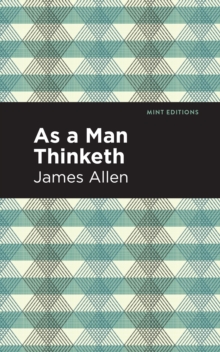
Paperback / softback
Description
“In the whole of European literature there is no poet who can furnish the texts for a more significant variety of discourse than Virgil. [He] symbolizes so much in the history of Europe, and represents such central European values…†–T.S.
EliotThe Eclogues (38 BC), also known as the Bucolics, is a work by Roman poet Virgil.
Although less prominent than The Aeneid, Virgil’s legendary epic of the Trojan hero Aeneas and his discovery of what would later become the city of Rome, The Eclogues have endured as a landmark in the history of pastoral poetry.
The Eclogues were inspired by the bucolic idylls of Hellenistic poet Theocritus, poems set in the rural region of Arcadia in Ancient Greece.
In contrast to Theocritus, whose poems idealized agricultural life for a cosmopolitan audience based in Alexandria, Virgil’s work is grounded in the complex sociopolitical realities of its day, a time of civil war following the assassination of Julius Caesar. “Some brutal soldier will possess these fields / An alien master.
Ah! To what a pass / Has civil discord brought our hapless folk!†Displaced from his land, Meliboeus laments his fate to the farmer Tityrus, who has been fortunate enough to retain his ancestral home.
Set amidst civil war, poverty, and cultural upheaval, the Eclogues vary in tone and scope from the tragic dialogue just described to a lonely shepherd crying for lost love and a singing competition held between two gifted men.
In emphasizing the connection between poetry, singing, and labor, Virgil recalls the roots of written language in an older, oral tradition, restoring what has been lost—peace, land, possessions, love—in what can never be taken away. “Love conquers all things; yield we too to love!†In a time of widespread uncertainty, Virgil found solace in surrendering to the unknown while remaining certain of one eternal truth: as long as love survives, there will be songs. With a beautifully designed cover and professionally typeset manuscript, this edition of Virgil’s The Eclogues is a classic work of Roman literature reimagined for modern readers.
Information
-
Available to Order - This title is available to order, with delivery expected within 2 weeks
- Format:Paperback / softback
- Pages:42 pages
- Publisher:Graphic Arts Books
- Publication Date:03/06/2021
- Category:
- ISBN:9781513280288
Other Formats
- Paperback / softback from £6.99
- EPUB from £2.99
- Hardback from £16.95
- PDF from £5.82
- Paperback from £8.95
Information
-
Available to Order - This title is available to order, with delivery expected within 2 weeks
- Format:Paperback / softback
- Pages:42 pages
- Publisher:Graphic Arts Books
- Publication Date:03/06/2021
- Category:
- ISBN:9781513280288










